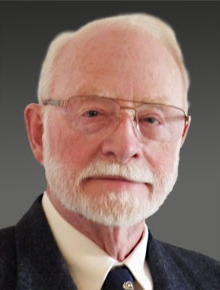
Robert Bish
– Professor Emeritus, School of Public Administration, University of Victoria
Robert Bish earned his Ph.D. in Economics from Indiana University in 1968 and served in departments or schools of economics, public affairs, public administration and urban studies at the universities of Washington, Southern California and Maryland before joining the School of Public Administration at the University of Victoria in 1981.
Prof. Bish co-founded the Local Government Institute at the university and has continued to work and publish with the Institute since his retirement in 1998. Prof. Bish has researched, consulted and published on local government in both the U. S. and Canada.
His major works include The Public Economy of Metropolitan Areas (1971); Understanding Urban Government: Metropolitan Reform Reconsidered (1973) with Vincent Ostrom; Financing Government (1973) with Harold Groves; Urban Economics and Policy Analysis (1975) with Hugh O. Nourse; Local Government in the United States (1988) with Vincent and Elinor Ostrom, Indian Government: Its Meaning in Practice ( 1989) with Frank Cassidy and Local Government in British Columbia (1987, 1990, 1999).
Prof. Bish is included in the Who's Who in Economics, where selection for inclusion is based on the number of times an economist's work is cited by other scholars in academic work.

